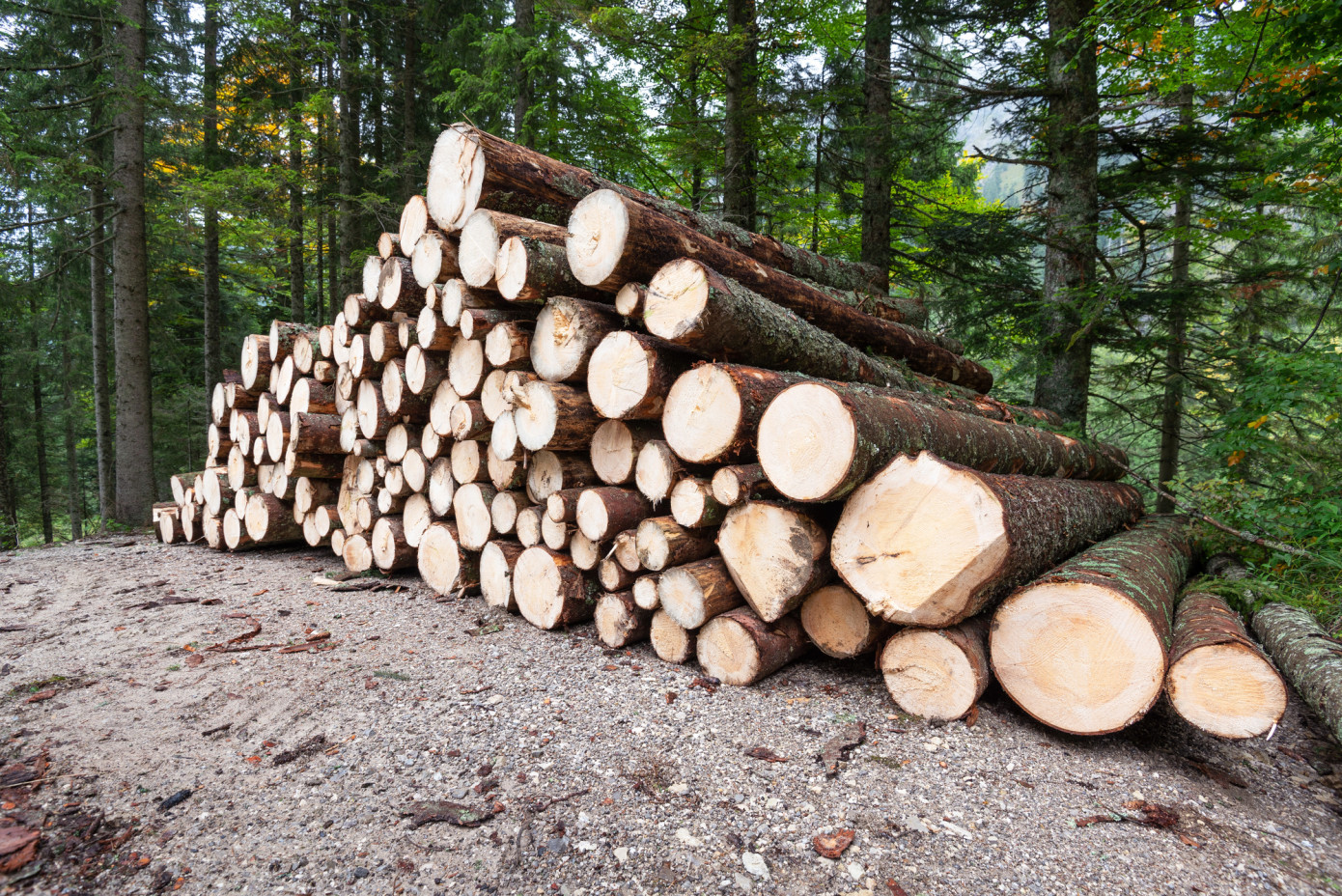The European Commission plans to delay enforcement of the EU Deforestation Regulation (EUDR) by one year, pushing the compliance deadline from 30 December 2025 to 2026. This marks the second planned postponement of the law, which was originally scheduled to take effect in 2024, as EU Environment Commissioner Jessika Roswall cites unresolved issues with the IT system managing compliance data.
The regulation requires companies importing palm oil, coffee, cocoa, cattle, timber and rubber into the EU to prove that these goods were not produced on deforested land. Roswall said the IT platform’s limitations could create “uncertainty for authorities and operational difficulties for stakeholders,” prompting the Commission to consider the additional delay. She also noted that the Commission may discuss simplifying the regulation in upcoming talks with the European Parliament and Council.
Germany’s Christine Schneider, the European People’s Party negotiator for the EUDR, welcomed the proposed delay but said the underlying problems go beyond transitional deadlines. She plans to reintroduce a 'zero-risk' category that could exempt certain countries, including EU member states, from compliance obligations. A similar proposal had previously been rejected by the Commission and Council.
The move comes after the EU concluded trade negotiations with Indonesia, the world’s largest exporter of palm oil. Despite the new agreement, the Commission confirmed that Indonesia would still be required to meet EUDR requirements.
The regulation continues to face opposition from trade partners including Brazil, Indonesia and the United States, who argue that compliance would raise costs and harm their exports to the EU.
Industry stakeholders within the EU have also raised concerns about the regulation’s economic impact. In Germany, forestry equipment manufacturers have called for a two-year delay, describing the law as “bureaucratic madness” and unworkable under current technical and administrative conditions. In Austria, softwood production could decline by up to 10% under current EUDR requirements. Norway’s timber trade associations warn that 85% of their exports could be affected.
